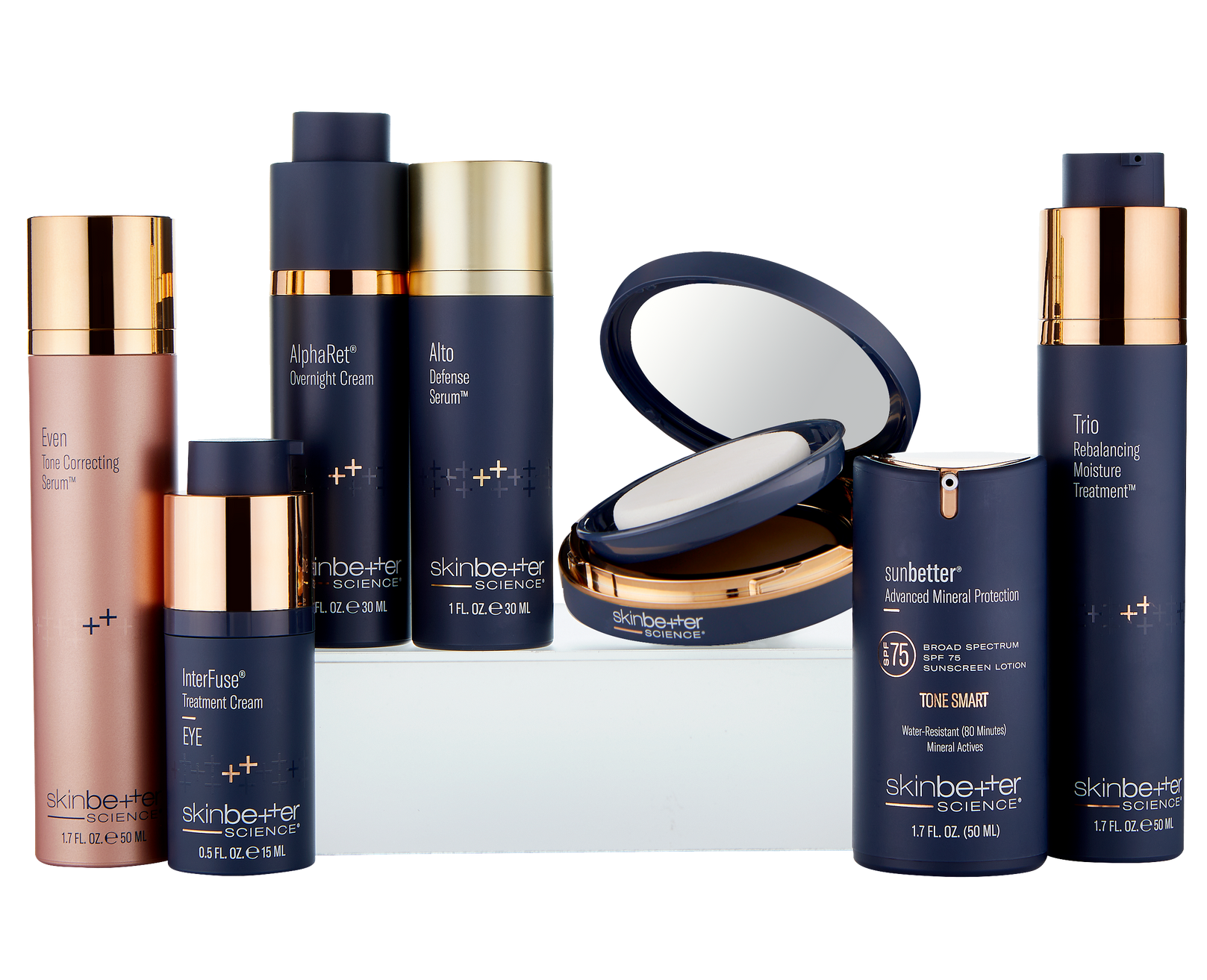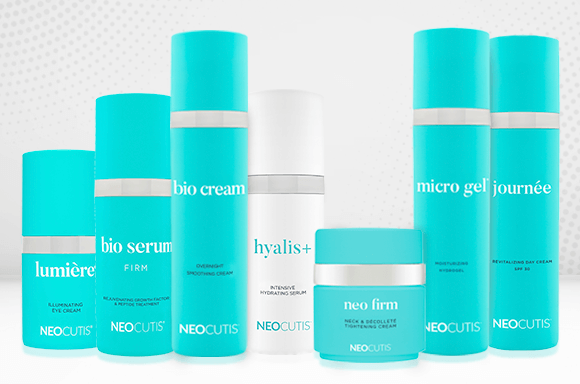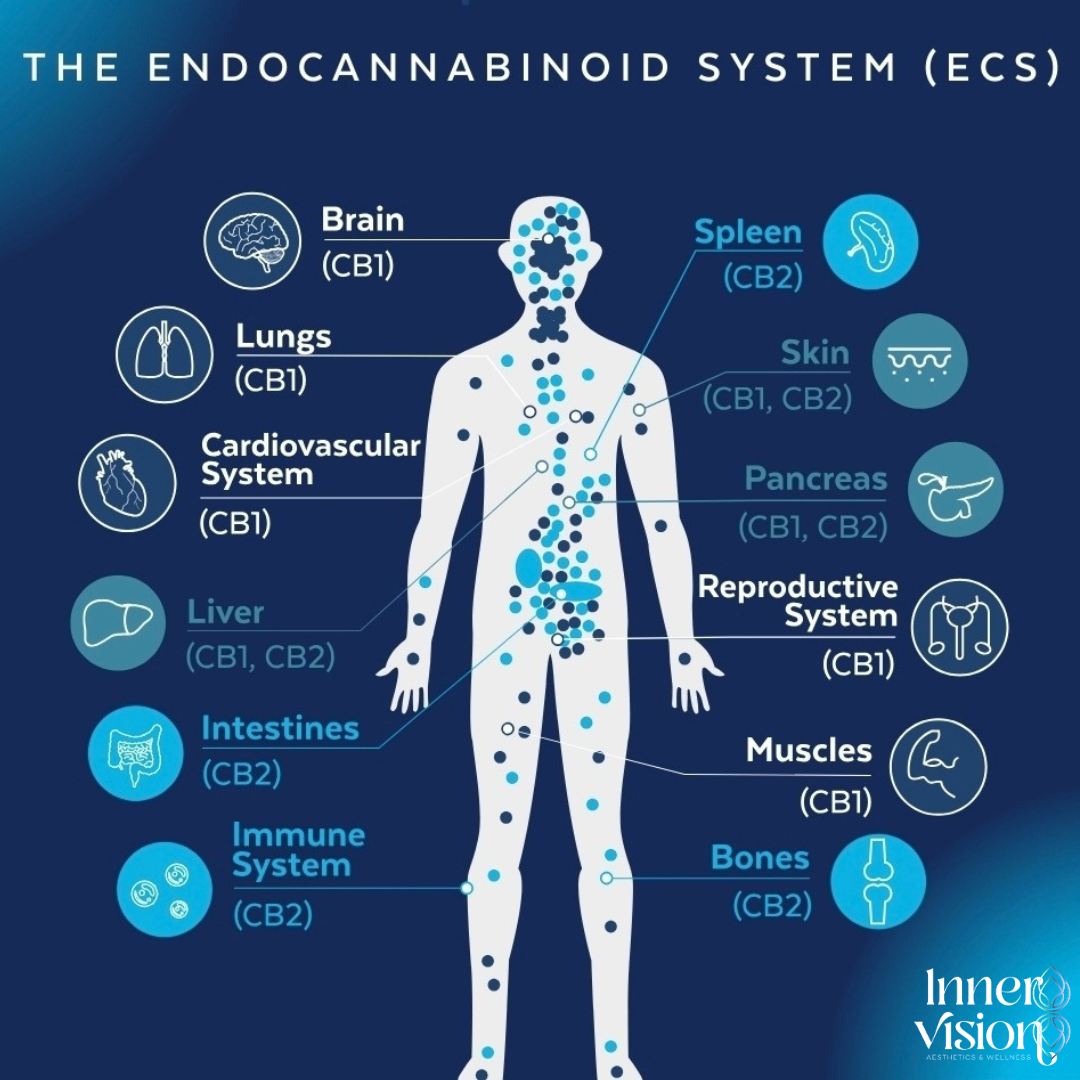Clinical Skincare versus Over-the-Counter: Decoding the Science & Quality
Navigating the world of skincare products can be a daunting task, especially when faced with a choice between medical-grade (or clinical skincare), and over-the-counter (OTC) options. In this blog post, we will explore these two categories, with a focus on the science, quality of ingredients, and the critical distinction between prescription and non-prescription clinical skincare. We'll also delve into how FDA guidelines ensure the purity and effectiveness of clinical skincare, making it a trusted choice for those seeking superior skincare solutions.


The Science Behind Clinical Skincare:
Clinical skincare products (also known as medical-grade) are the result of rigorous scientific research and extensive clinical trials. These trials involve testing products on human subjects to evaluate their safety and efficacy. The outcomes are subject to peer review and publication, providing robust evidence of their effectiveness. Clinical skincare formulations are often backed by years of research and development, making them a reliable choice for individuals seeking result-driven skincare solutions.
Quality of Ingredients:
One of the key differentiations between clinical and OTC skincare is the quality of ingredients. Clinical skincare products are known for their high-quality, potent ingredients. These products frequently feature higher concentrations of active compounds, such as retinoids, antioxidants, and peptides. These ingredients are meticulously chosen for their scientifically proven capacity to address specific skin concerns, whether it's combating signs of aging, reducing hyperpigmentation, or treating acne.
Medical-Grade and FDA Guidelines:
It's crucial to clarify that not all medical-grade skincare products are prescription-only. Medical-grade skincare refers to products that are exclusively available through licensed healthcare professionals, ensuring that consumers have access to expert guidance in selecting the most suitable products for their specific needs. What sets medical-grade skincare apart from OTC products is the adherence to stringent FDA guidelines that mandate the use of pure and effective ingredients. These guidelines eliminate the possibility of harmful or ineffective filler ingredients commonly found in OTC skincare.
Clinical Trials and FDA Oversight:
Clinical skincare products, whether prescription or non-prescription, undergo comprehensive clinical testing to guarantee their safety and effectiveness. This testing is conducted under the oversight of regulatory agencies, including the U.S. Food and Drug Administration (FDA). Prescription clinical products are subject to FDA review and approval, which includes an examination of clinical trial data to ensure their safety and efficacy.
OTC skincare products are subject to a less rigorous testing and regulatory process compared to clinical skincare. While the FDA regulates aspects of labeling and certain safety considerations for OTC skincare, the depth of clinical evidence for their efficacy may vary.
Choosing Your Skincare:
The choice between clinical and OTC skincare should align with your skincare goals and concerns. Clinical skincare is often recommended for individuals with specific skin issues or those seeking more significant results. Whether prescription or non-prescription, clinical skincare products adhere to strict FDA guidelines, ensuring the purity and effectiveness of their ingredients. Additionally, most medical-grade products work well with each other when used in a regimen, no matter the brand. This allows you and your provider to choose the best product for your unique skin health goals, while ensuring high-quality, effective products.
OTC skincare products can be suitable for daily maintenance and general skincare. They are readily available at retail stores and can serve as an entry point for those new to skincare.
Understanding the differences between clinical and OTC skincare is essential for making informed choices. Clinical skincare, whether prescription or non-prescription, offers a higher concentration of active ingredients and adheres to FDA guidelines that prioritize ingredient purity. This makes it a preferred choice for individuals seeking superior skincare results. However, OTC skincare serves a valuable role in daily skincare routines and can be an accessible starting point for many. Regardless of your choice, a consistent skincare regimen and consultation with a skincare professional can help you achieve your desired results while maintaining healthy, radiant skin.






